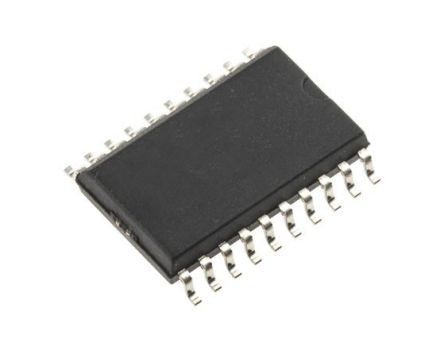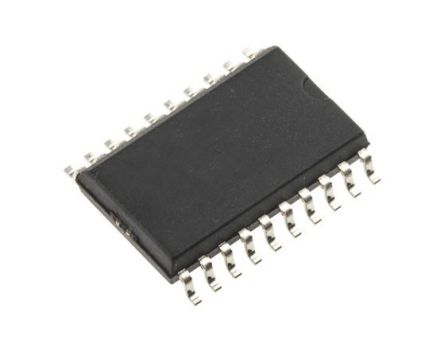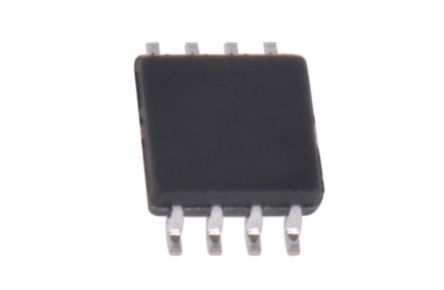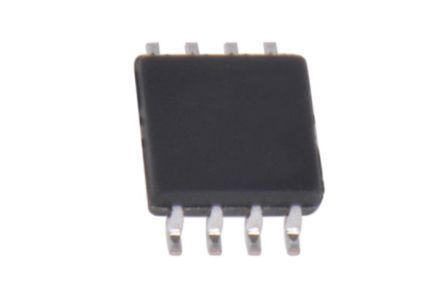- Automation & Control Gear
- Cables & Wires
- Enclosures & Server Racks
- Fuses & Circuit Breakers
- HVAC, Fans & Thermal Management
- Lighting
- Relays & Signal Conditioning
- Switches
- Batteries & Chargers
- Connectors
- Displays & Optoelectronics
- ESD Control, Cleanroom & PCB Prototyping
- Passive Components
- Power Supplies & Transformers
- Raspberry Pi, Arduino, ROCK, STEM Education & Development Tools
- Semiconductors
Logic Comparators
Logic comparators, also known as binary comparators and digital comparators are semiconductor logic ICs (integrated circuits) that has been designed as a combinational circuit for the testing of values represented by one binary word.
What are Logic Comparators?
Logic comparators test whether the value is greater than, less than, or equal to the value represented by another binary word. These devices are used commonly in digital logic circuit design and are also utilised in other key logic circuits.
Types of logic comparators
There are two main types of logic comparators and they are;
- Magnitude comparators - These devices have two outputs, 1 that is logic where object A has a greater value than value B and are used to indicate equality.
- Identity comparators - Identity comparators are devices that compare two binary numbers that has a singular output
Logic comparators are also offered with a variety of configurations such as Number of Bits configured on to the IC, varied maximum operating supply voltage and different output types such as push pull and TTL (Transistor–transistor logic)
Applications of logic comparators
These ICs have a range of application use such as;
- Process controllers
- Servo-motor control
- Correction and/or detection of instrumentation conditions
- Logic in CPU’s



